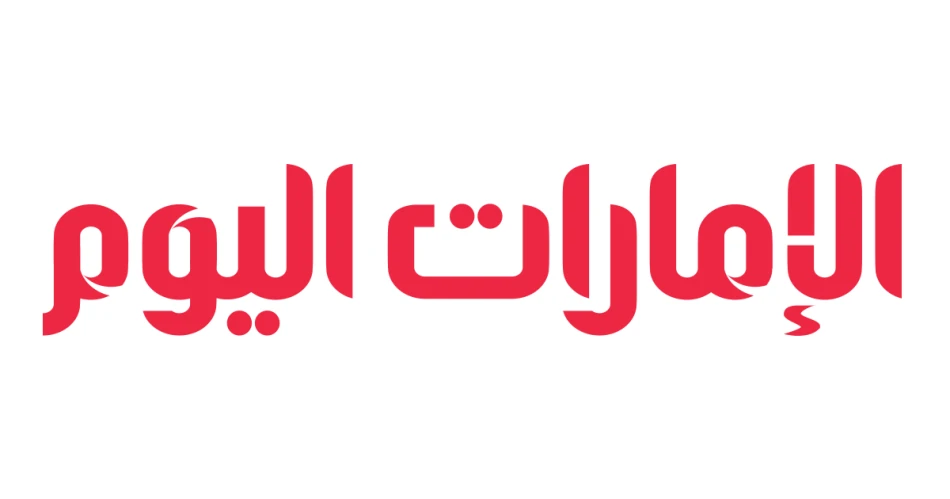
France Recognizes Palestinian Statehood, Calls for Immediate Gaza Ceasefire
France Breaks Ranks: Macron's Palestine Recognition Signals Major Shift in European Middle East Policy
French President Emmanuel Macron announced France's decision to officially recognize Palestinian statehood, marking a significant departure from traditional Western diplomatic approaches to the Israeli-Palestinian conflict. The move, set to be formally declared at the UN General Assembly in September, positions France as the largest European economy to take this step amid ongoing Gaza hostilities.
A Strategic Diplomatic Gamble
Macron's announcement, delivered through a formal letter to Palestinian Authority President Mahmoud Abbas and shared on social media platform X, frames the recognition as fulfilling France's "historical commitment to a just and lasting peace in the Middle East." The timing is particularly striking, coming as Gaza remains engulfed in conflict and international pressure mounts for ceasefire agreements.
The French president emphasized that his decision follows personal commitments made to him by Abbas, suggesting behind-the-scenes negotiations that may include Palestinian concessions on governance, security cooperation, or diplomatic positioning.
Breaking European Unity on Middle East Policy
France's move threatens to fracture the already strained European consensus on Middle East policy. While countries like Spain, Ireland, and Norway recognized Palestinian statehood earlier in 2024, France represents the first major EU founding member to take this step unilaterally.
Comparison with Global Recognition Patterns
This decision places France alongside 139 UN member states that already recognize Palestine, but distinguishes it from key Western allies. The United States, United Kingdom, and Germany have consistently opposed unilateral recognition, arguing it undermines direct Israeli-Palestinian negotiations. France's break from this position could encourage other major European economies to follow suit.
Market and Geopolitical Implications
The announcement is likely to strain France's relationship with Israel, potentially affecting bilateral trade worth over €4 billion annually. French companies operating in Israeli markets may face increased scrutiny, while Palestinian territories could see enhanced French investment and development aid.
For regional stability, Macron's gambit represents a calculated risk. By recognizing Palestine while calling for immediate ceasefire and hostage releases, France positions itself as a potential mediator—but risks alienating Israeli leadership at a crucial moment in the conflict.
The September UN Moment
Macron's choice to formalize the recognition at the UN General Assembly in September appears designed for maximum diplomatic impact. The timing coincides with the traditional opening of the UN's high-level week, ensuring global attention and potentially inspiring other nations to follow France's lead.
The president's statement that "peace is possible" through cooperation with "Israelis, Palestinians, and our European and international partners" suggests France aims to build a broader coalition around its position, rather than acting in isolation.
Historical Context and Future Trajectory
France's recognition comes nearly a decade after the French Parliament voted symbolically to recognize Palestine in 2014—a move the government then chose not to implement. The shift reflects both changing European attitudes toward Israeli policies and Macron's broader strategy of positioning France as an independent diplomatic force.
This decision will likely accelerate discussions within other EU capitals about their own positions on Palestinian recognition, potentially reshaping the bloc's Middle East policy framework for years to come. Whether it contributes to the "lasting peace" Macron envisions, or further complicates an already volatile situation, will depend largely on how Israel, the United States, and other key players respond to France's diplomatic offensive.
Most Viewed News

 Sara Khaled
Sara Khaled






